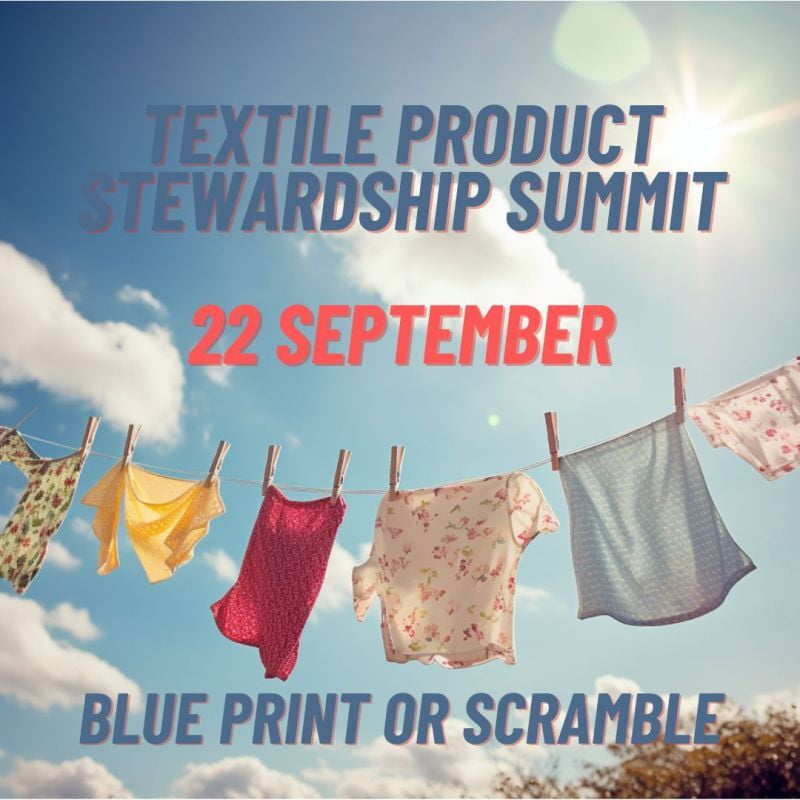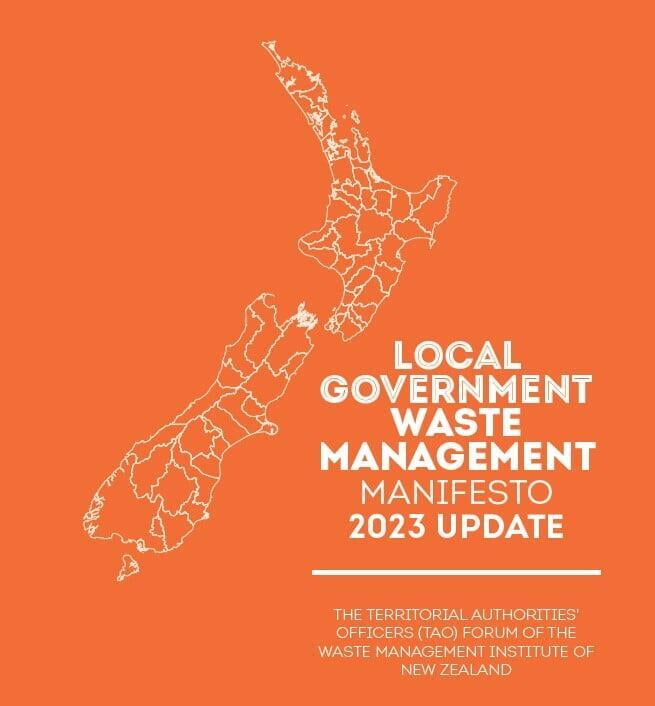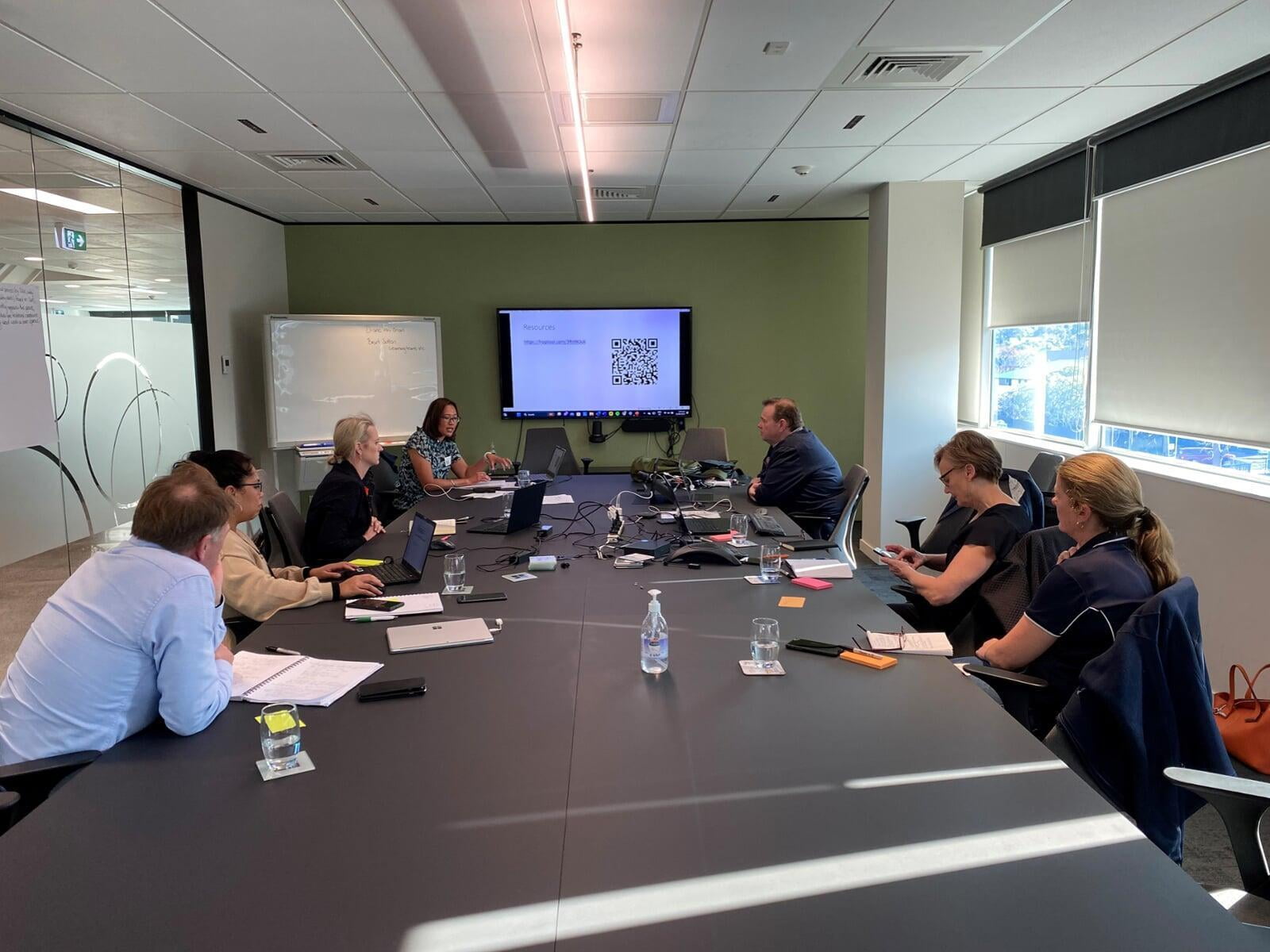Learn about the key projects for the Sector Group Steering Committees over the past three months.
Behaviour Change
The steering committee organised a webinar on research around the food scraps collection rollout. Committee members took part in two consultation sessions with the Ministry for the Environment around the new Waste Strategy’s Action and Investment Plan and gave feedback on MfE’s position paper on the proposed circular resource recovery network.
A new committee has been elected and will be working on their strategic vision for the next three years, plus their work plan for the next year. Congratulations to:
- Brigitte Sistig, Repair Café Aotearoa NZ
- Ingrid Cronin-Knight, Waste & Recycling Industry Forum
- Joanna Langford, Wellington City Council
- Katie Buller, Auckland Council
- Kyla Mottershead, New Plymouth District Council
- Nicole Banks, Tauranga City Council
- Sarah Lancaster, Localised
- Shelley Wilson, Waipā District Council
Contaminated Land Management
This sector group has several groups and some upcoming work includes:
- A communication campaign as part of the International Lead Poisoning Prevention Week 2023 (22 to 29 October)
- A joint working group with NZ Geotechnical Society members are drafting a practice note articulating the geotechnical and contamination related issues regarding the reuse or disposal of soils
- A working group is in the process of finalising the coal tar in roading guidelines
- A working group is reviewing and amending the draft technical guidelines for soil sampling for disposal characterisation after initial feedback from a group of self-selected reviewers.
Disposal to Land
The Disposal to Land Sector Group is currently looking at establishing a cross-sector working group looking into opportunities to reduce farm waste. The Steering Committee is also working on a thought piece on how to deal with PFAS.

The Product Stewardship Sector Group Steering Committee developed and hosted an online summit entitled “Blueprint or scramble for textiles in Aotearoa”.
Committee members sponsored, MC’d and spoke at this 4-hour event, which aimed to demystify product stewardship, advocate for it as a major tool for addressing our waste issues and reducing carbon emissions. Textiles were chosen as the material to focus on due to interest from committee members and the lack of progress being made on textile waste in New Zealand. 80 people attended the Summit, and an advisory group will be formed out of it to ensure progress towards regulated product stewardship for textiles continues to be made.
Recycling and Resource Recovery
The steering committee made a submission on the Climate Change Commission’s draft advice on the second Emissions Reduction Plan and took part in a consultation session with the Ministry for the Environment around the new Waste Strategy’s Action and Investment Plan. They also set up a Construction Waste working group which is working on a blueprint and case studies to identify what barriers and opportunities are for reducing waste across the construction supply chain.
A new committee has been elected and will be working on their strategic vision for the next three years, plus their work plan for the next year. Congratulations to:
- Cayley McLean, Tauranga City Council
- Dominic Salmon, 3R Group
- George Fietje, InSight | Waste and Resources Advisory Limited
- Rick Thorpe, Localised
- Rob Wilson, EcoCentral Limited
- Shelali Shetty, Wellington City Council
- Suzy McCall, Department of Corrections
- Tania Hermann, Hamilton City Council

Territorial Authorities Officers Forum
In August the TAO Forum released their updated Local Government Waste Management Manifesto (previously released in 2018, then updated in 2020) to highlight the priorities for councils that they would like central government to progress. The Steering Committee is currently planning for further engagement once a new cabinet is in place after the elections.
The TAO Forum is planning for a piece of research looking at developing a kerbside organics collection decision-making framework and guide. The aim is to help TAs to understand how successful the different collection configurations are at capturing and diverting household food scraps (the target waste in the emissions reduction plan) and other organic wastes, and how they could apply in their specific local context.
The decision-making framework will be built on best practice and learnings from overseas experiences as well as local lessons learned locally and tailored to the current and cultural context of Aotearoa New Zealand.


